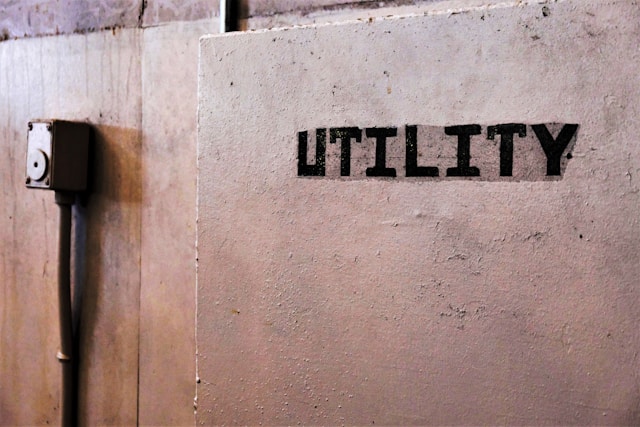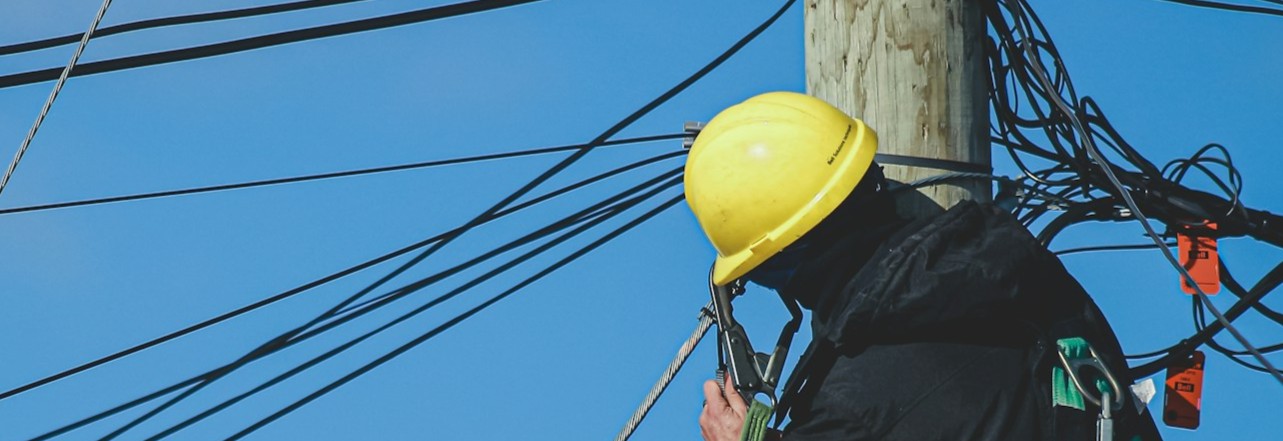Table of Contents
Choosing the right utility provider is essential for managing household costs and ensuring reliable service. Whether you’re moving into a new home or looking to switch suppliers, taking a considered approach can help you find the best value. Here’s a guide to help you make the right choice.
Understand Your Utility Needs
Before comparing providers, take stock of what utilities you need. This typically includes electricity, gas, water, broadband, and sometimes home phone services. Consider your household size, typical energy usage, and any specific needs such as smart meter compatibility or green energy options. Knowing what you’re looking for makes it easier to narrow down your options.
Compare Prices and Tariffs
One of the main reasons people switch utility services is to save money. Use comparison websites to compare tariffs. Look beyond the headline price—consider standing charges, exit fees, and whether prices are fixed or variable.
Fixed-rate tariffs offer stability but may be more expensive upfront, while variable rates can rise and fall with the market. If you’re on a budget, a fixed tariff may provide peace of mind.

Check Customer Reviews and Satisfaction Scores
Customer service can vary significantly between providers. A cheap deal isn’t worth it if you end up with unreliable service or poor support. Check independent review sites like Trustpilot or Citizens Advice’s customer service rankings to see how providers are rated for billing accuracy, complaint handling, and customer communication.
Look for trends in the feedback—recurring issues like long wait times or billing errors may signal red flags. On the flip side, providers praised for proactive communication and helpful service should be given extra consideration.
Consider Green Energy Options
If sustainability is important to you, look for suppliers offering renewable electricity or carbon-offset gas. Providers like Octopus Energy, Bulb (now part of Octopus), and Ecotricity specialise in environmentally friendly energy solutions. These options may cost slightly more, but many customers find the ethical benefits worth the investment.
Look for Bundled Services
Some providers offer bundled deals—combining electricity, gas, broadband, and even mobile phone services. Bundles can simplify billing and sometimes offer a discount. However, make sure each service in the bundle offers good value individually. Don’t be locked into a package that includes something you won’t use.

Understand Contract Terms and Conditions
Always read the fine print before signing up. Check for early exit fees, length of contract, and any introductory rates that may increase after a set period. Some suppliers also offer perks like cashback, smart thermostats, or refer-a-friend rewards—just make sure these extras don’t distract from higher base costs.
It’s also worth asking if the provider offers any flexibility—for example, pausing a service temporarily if you travel or move house. Flexibility can be just as valuable as low prices.
Switching Is Easier Than You Think
Many people stay with a provider out of habit or concern that switching will be a hassle. But the process is usually straightforward and managed by the new supplier. You won’t lose service during the switch, and your new provider will often take care of the admin for you.
Most switches are completed within 21 days, and you’ll usually receive confirmation emails along the way. Keeping a copy of your final meter reading and any closing statements can help ensure the transition is smooth.
Final Thought
Choosing the right utility provider can make a big difference to your household budget and daily comfort. By comparing prices, checking reviews, and understanding your needs, you can make an informed choice that suits your home and lifestyle. Don’t be afraid to shop around—there’s often a better deal just around the corner.

